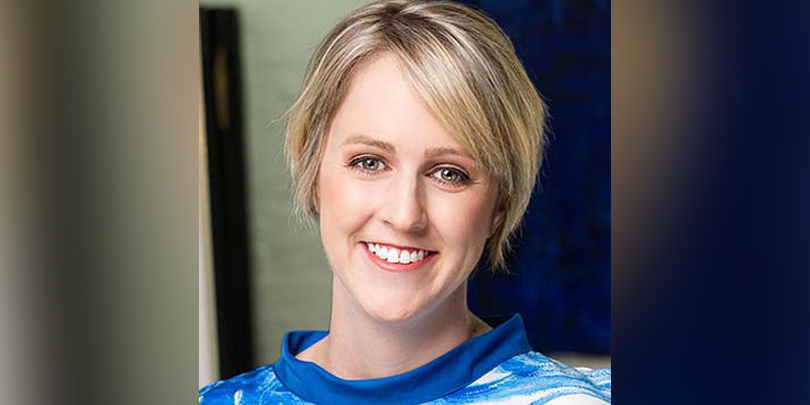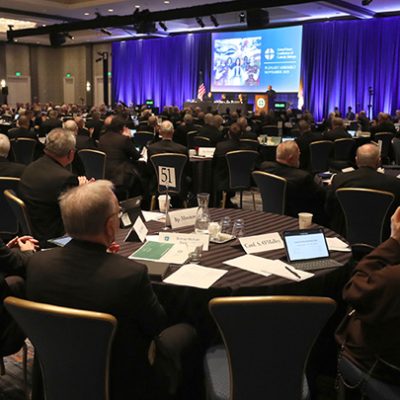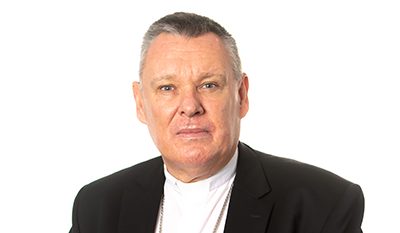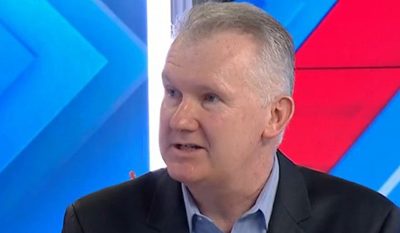
An Australian Catholic University expert says while the Albanese Government has trumpeted changes to the migration system as the “biggest reforms in a generation”, cuts to immigration aren’t as dramatic as they seem.
The Government last week announced plans to fix Australia’s “broken migration system” and to “bring migration back to sustainable, normal levels”.
Its long-awaited migration strategy aims “to build a migration system that earns the trust and confidence of our citizens”, or what the Government calls “rebuilding the social licence”.
Rachel Stevens is a research fellow and historian based at ACU’s Centre for Refugees, Migration and Humanitarian Studies in the Institute for Humanities and Social Sciences.
She said rather than an a complete overhaul, the reforms are a number of “long overdue remedies dealing with migrant worker exploitation, misuse of international student visas and an overly complex and inefficient bureaucracy,”
Dr Stevens has analysed the Government’s 100-page policy document and said intake cuts would “largely be the result of a natural evening out of migration patterns in the post-pandemic world
However, while the policy blueprint may seem comprehensive, Dr Stevens said several key areas were neglected, including family reunification and Australia’s humanitarian intake.
“Family reunification is given four short paragraphs and includes no policy recommendations. This will be particularly heartbreaking for those with elderly parents overseas,” Dr Stevens says.
“Discussion on humanitarian entrants is also brief. Again, it makes no new announcements and repeats an August statement that the Government intends to increase the refugee intake from 17,875 to 20,000 places each year.
“With the United Nations estimating there are more than 110 million people currently displaced across the world, Australia’s paltry humanitarian intake will continue to be a source of shame.”
FULL STORY
ACU historian provides expert analysis of Australia’s new migration reforms (ACU)
The government is bringing immigration back to ‘normal levels’ but cuts are not as dramatic as they seem (The Conversation)






